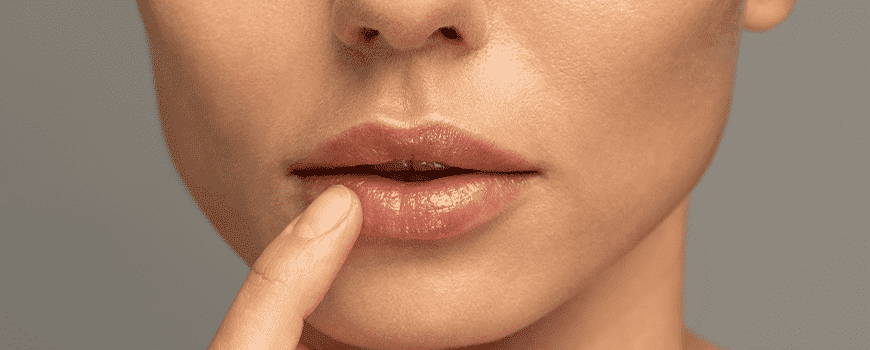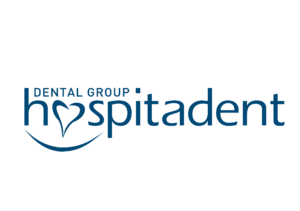Causes of Dry Mouth and Treatment of Dry Mouth
Salih ÖNDER2022-09-05T14:37:12+03:00Dry mouth is the state of being dehydrated as a result of decreased saliva secretion. In dentistry, dry mouth is called “xerostomia”. Apart from keeping the mouth wet, saliva also has functions such as food digestion, protecting teeth from caries, preventing intraoral infections, chewing and swallowing. Dry mouth can also be a sign of serious health problems. Therefore, dry mouth should not be neglected.
Common Causes of Dry Mouth
The side effects of more than 500 drugs such as antihistamines, nasal decongestants, pain relievers, diuretics, blood pressure and depression medications cause dry mouth. Another cause of dry mouth is diabetes, Parkinson’s, Hodgkin’s, HIV/AIDS and similar diseases. Temporary or permanent loss of saliva secretion due to damage to the salivary glands exposed to radiation as a result of radiation therapy used in cancer treatments also causes dry mouth.
Dry mouth occurs as a result of the thickening of saliva by drugs used in chemotherapy and cancer treatment. Aging is another factor that causes dry mouth. Dry mouth occurs as a result of surgical removal of the salivary glands. Dry mouth is seen in postmenopausal women due to the change in hormone levels. The use of cigarettes, pipes, cigars, alcohol and caffeine causes dry mouth.
Dry Mouth Discomfort Symptoms
- dry mouth sticky feeling in the mouth
- Dryness in the mouth and throat
- Difficulty chewing and speaking
- burning sensation in tongue
- Difficulty swallowing
- Dry and cracked lips
- frequent feeling of thirst
- Decreased sense of taste
- Metal taste in mouth
- aphthae
- Difficulty using prosthesis
- Bad Halitosis
Dry Mouth Treatment;
- Drinking water or sugar-free beverages frequently
- Changing medications that have a dry mouth side effect
- Increasing watery food intake
- Chewing sugar-free gum
- Avoiding caffeinated drinks, alcohol, smoking, and sugary foods
- taking vitamin C
- Not using oral care products that contain alcohol and sodium lauryl sulfate
- Avoiding excessively salty and spicy foods
- Using artificial saliva
- Serifali Hospitadent
Chief Physician Dt. Zekeriya Alp YILDIRAN

